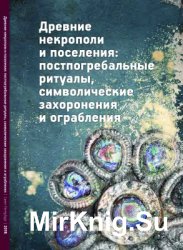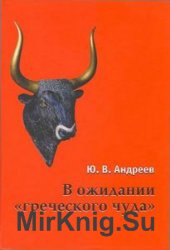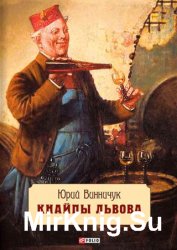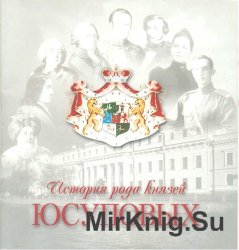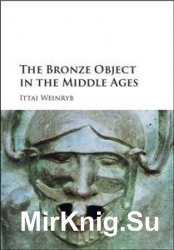 ,
,Название: The Bronze Object in the Middle Ages
Автор(ы): Ittai Weinryb
Издательство: Cambridge University Press
Год: 2016
ISBN: 978-1-107-12361-8
Страниц: 319
Язык: English
Формат: True PDF
Размер: 23 MB
Бронзовые изделия в Средние века.
This book presents the first full-length study in English of monumental bronzes in the Middle Ages. Taking as its point of departure the common medieval reception of bronze sculpture as living or animated, the study closely analyzes the practice of lost-wax casting (cire perdue) in western Europe and explores the cultural responses to large-scale bronzes in the Middle Ages. Beginning with mining, smelting, and the production of alloys, and ending with automata, water clocks, and fountains, the book uncovers networks of meaning around which bronze sculptures were produced and consumed. The book is a path-breaking contribution to the study of metalwork in the Middle Ages, and to the reevaluation of medieval art more broadly, presenting an understudied body of work to reconsider what the materials and techniques embodied in public monuments meant to the medieval spectator.

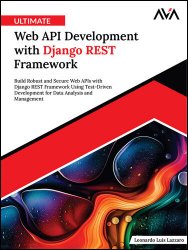
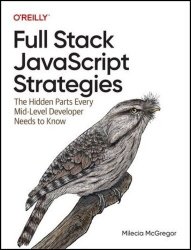
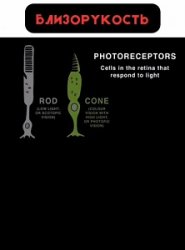

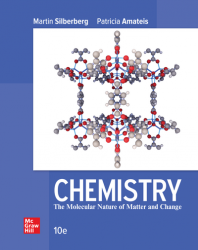
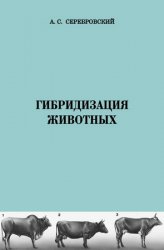


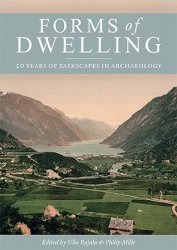
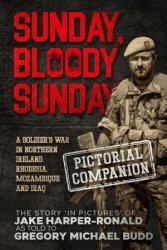


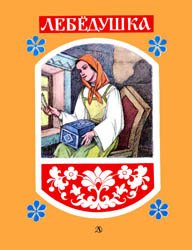
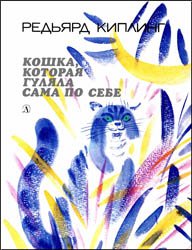
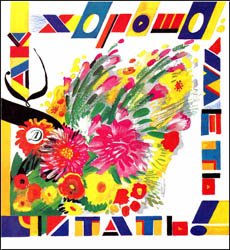
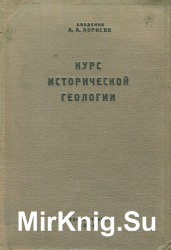
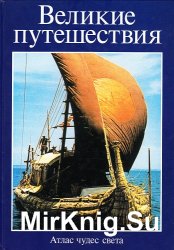
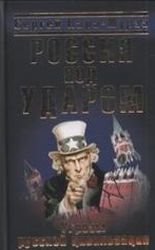 Название: Россия под ударом. Угрозы русской цивилизации
Название: Россия под ударом. Угрозы русской цивилизации